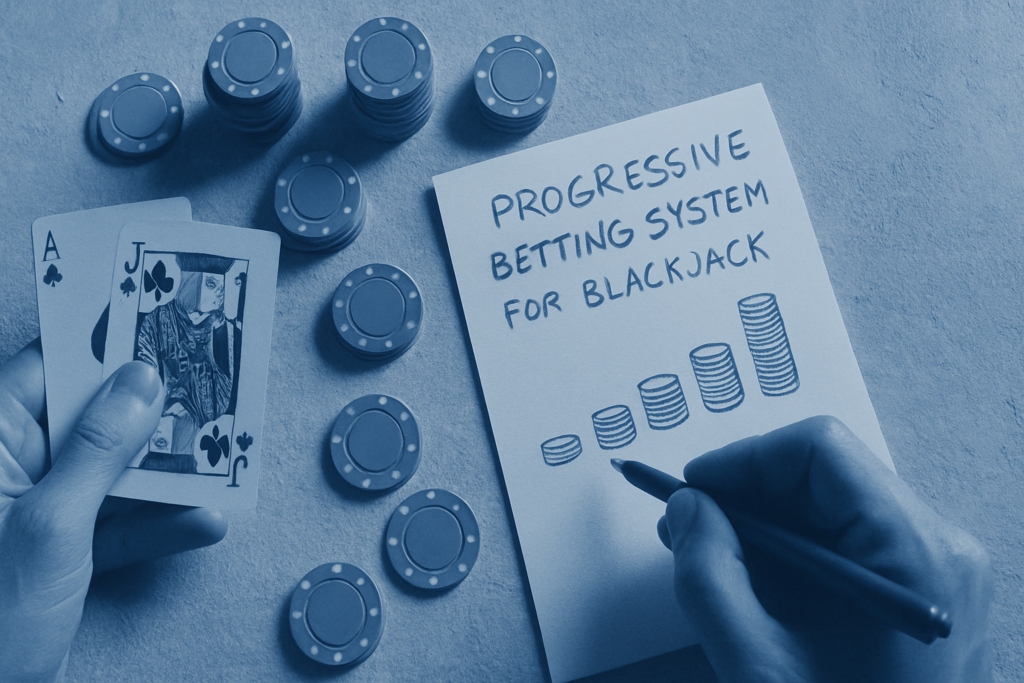As a seasoned poker player, I’ve come to understand that mastering the art of betting is crucial to success at the table. In this comprehensive guide, I’ll walk you through the ins and outs of poker betting, equipping you with the knowledge and strategies needed to elevate your game. Whether you’re a beginner looking to grasp the basics or a seasoned player aiming to refine your skills, this guide is designed to enhance your understanding of the intricate world of poker betting.
From understanding the different types of bets to knowing when to bluff, I’ll cover everything you need to know to make informed decisions at the poker table. Betting in poker is not just about luck; it’s a strategic move that can make or break your game. By the end of this guide, you’ll have the confidence to navigate the complexities of poker betting with ease and precision.
Understanding the Basics of Poker
In poker, understanding the basics is crucial for success at the table. Let’s delve into key aspects that form the foundation of poker gameplay.
Poker Hand Rankings
Knowing the hand rankings is fundamental in poker. The hierarchy ranges from high card to royal flush. For instance, a pair beats a high card, while a straight beats a three of a kind. Familiarize yourself with these rankings to make informed decisions during gameplay.
Betting Rules
Betting rules dictate how players can bet during a poker game. Understanding concepts like blinds, antes, and bet sizes is essential for effective gameplay. The rules vary across different poker variants, so grasp these regulations to strategize your bets effectively.
Types of Poker Games

When it comes to poker games, there are various types to choose from based on preferences and skill levels. Let’s delve into two popular variations:
Texas Hold’em
In Texas Hold’em, players are dealt two private cards (hole cards) and must use them in combination with the five community cards dealt face-up on the “board” to make the best five-card hand. This game is known for its strategic complexity, as players must assess their hand strength relative to the community cards to determine their next move. Texas Hold’em is widely played in both casual settings and professional tournaments, such as the World Series of Poker.
Omaha Hi
Omaha Hi is another exciting poker variant where players receive four private cards instead of two. To form a hand, players must use exactly two of their hole cards and three of the five community cards. This creates a different dynamic compared to Texas Hold’em, as players have more potential hand combinations to consider when betting. Omaha Hi is popular for its action-packed gameplay and requires a deeper understanding of hand selection and board texture to succeed.
Advanced Poker Betting Strategies
When it comes to advanced poker betting strategies, mastering the art of position and utilizing effective bluffing techniques can give you a significant edge at the poker table.
Position and Its Influence
In poker, position refers to where you sit in relation to the dealer button, and it plays a crucial role in shaping your betting decisions. Being in a late position, such as on the dealer button or close to it, gives you a strategic advantage as you have more information about your opponents’ actions before you need to act. This allows you to make more informed betting choices based on their moves, increasing your chances of success. On the other hand, being in an early position requires more caution as you have limited information about other players’ hands, making strategic betting essential to avoid potential pitfalls.
Bluffing Techniques
Bluffing is a fundamental aspect of poker betting that can help you win pots even with weaker hands. However, successful bluffing requires careful consideration and timing to be effective. One common bluffing technique is the semi-bluff, where you bet on a hand that has the potential to improve in later rounds. This puts pressure on your opponents and gives you a chance to win the pot even if you don’t have a strong hand at the moment. Another effective bluffing strategy is continuation betting, where you follow up on your pre-flop raise with another bet on the flop, regardless of your actual hand strength. This aggressive move can force your opponents to fold and secure you the pot without a showdown.
By understanding the importance of position and mastering various bluffing techniques, you can enhance your poker betting skills and take your gameplay to the next level. These advanced strategies require practice and experience to execute effectively, but they can significantly improve your overall performance at the poker table.
Poker Betting Etiquette
When it comes to poker betting etiquette, it’s essential to handle wins and losses gracefully and communicate effectively at the table.
Handling Wins and Losses
I always maintain a composed demeanor whether winning or losing at the poker table. It’s crucial to avoid displaying excessive emotion to prevent giving away valuable information to opponents. Remember, staying calm and collected even during losses contributes to a positive gaming environment.
Table Communication
At the poker table, clear and respectful communication is key. I make sure to follow the unspoken rules of the game by not disclosing my hand or discussing ongoing hands with other players. Additionally, being courteous and considerate towards fellow players enhances the overall gaming experience.
Online vs Offline Poker Betting
When it comes to poker betting, there are distinct differences between online and offline platforms. Let’s explore the advantages of online platforms as well as the disparities in betting strategies between online and offline environments.
Advantages of Online Platforms
- Increased Accessibility: Online poker betting offers players the convenience of accessing games from anywhere with an internet connection. It eliminates the need to travel to a physical casino, making it more convenient for players to participate.
- Range of Options: Online platforms provide a wide variety of poker games and betting limits to suit different preferences. Players can easily switch between games and tables, allowing for a more diverse gaming experience.
- Speed and Efficiency: Betting in online poker is usually faster than in offline settings. Automated dealing of cards and calculation of pot odds streamline the gameplay, resulting in quicker decision-making processes.
- Anonymity and Focus: Online platforms allow players to remain anonymous, reducing the influence of physical tells and distractions that may occur in face-to-face gameplay. This anonymity enables players to focus solely on their strategies and gameplay.
- Pace of Play: The pace of play significantly affects betting strategies in online versus offline poker. Online games tend to move at a faster pace, requiring players to make decisions quickly and adapt their strategies accordingly.
- Player Dynamics: Understanding player dynamics differs between online and offline environments. In offline poker, players can observe opponents’ body language and behaviors to make decisions, while online players rely more on betting patterns and timing tells.
- Bluffing Techniques: Bluffing in online poker may require different strategies compared to offline play. Without the visual cues present in face-to-face games, online players often utilize bet sizing, timing, and frequency of bets to execute successful bluffs.
- Bankroll Management: Managing one’s bankroll differs in online and offline poker betting due to the availability of diverse games, stakes, and formats online. Players need to adjust their bankroll strategies to account for these variations and ensure long-term sustainability.
Understanding the advantages of online platforms and the differences in betting strategies between online and offline poker environments can help players adapt their approaches for optimized gameplay.



